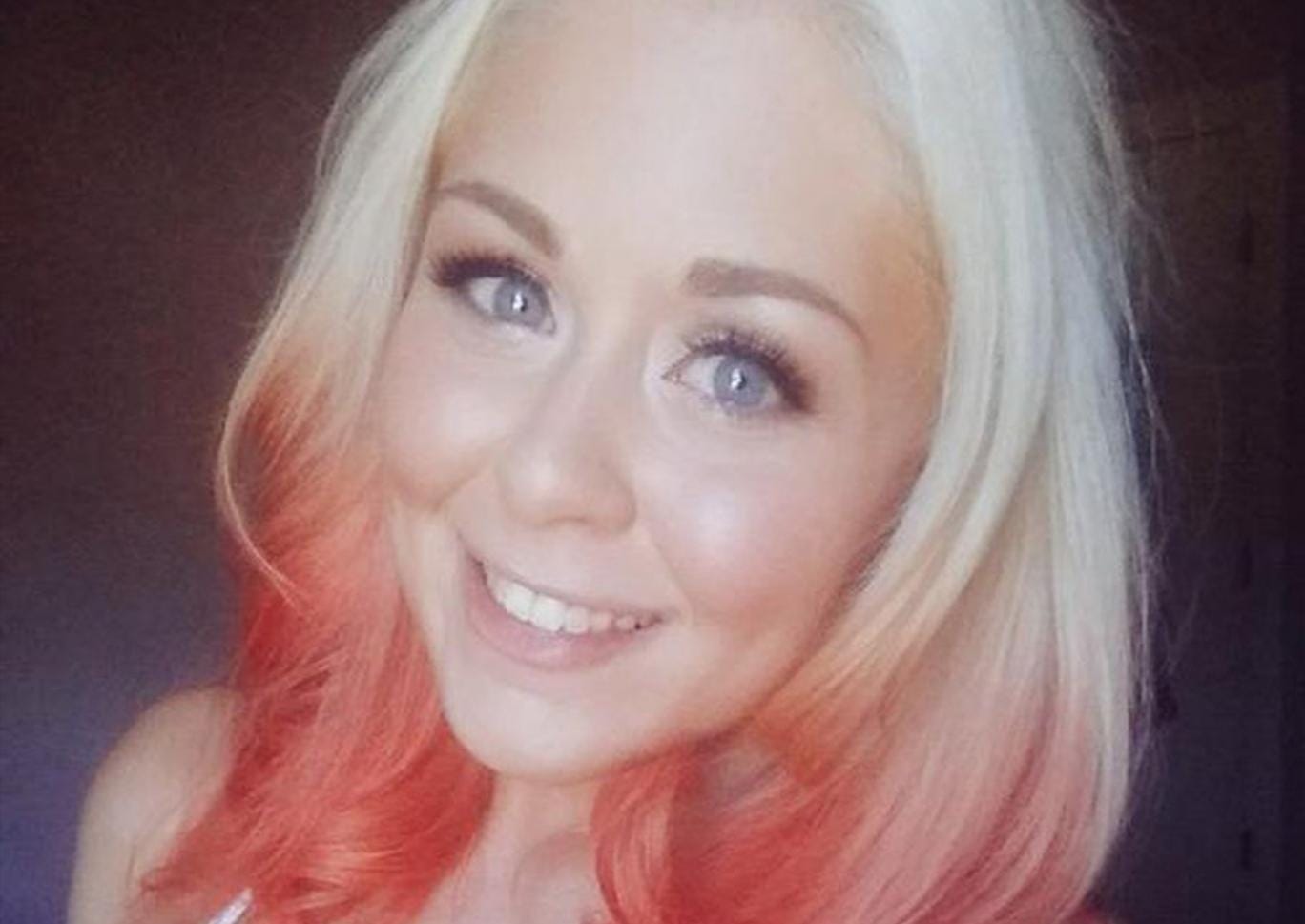Here Are The 5 Biggest Misconceptions About What I Do
I’m a sex worker in a legal brothel – here are the five biggest misconceptions about what I do
Lizzy Caplan
view this video at imgur.com
 |
| “Being able to make my own schedule and be in control of my own small business allows me incredible freedoms” Sarah Greenmore has worked as a sex worker in Nevada for a year and a half |
The notion that my profession is a last resort for a broken, uneducated woman with a drug habit is a disservice to the range of people who choose to be sex workers. It’s dehumanising, and allows the continued violence and social stigma against sex workers to thrive. Keeping our industry in the shadows keeps an unfair power balance in the hands of law enforcement and clients who mean us harm. We are human beings, who for many different reasons, but one main one – to provide for ourselves – have chosen sex work as our occupation. It is a valuable and desired service, and will always exist. So we need to bring sex work into the realm of decriminalisation or legalisation, and provide safety, social services and basic human rights to some of the most vulnerable in our society.
Sex work is a physically intimate therapy session for most of our clients. Many workers who work independently also have to schedule hotel rooms, vet their clients to make sure they aren’t dangerous, run their own websites and handle marketing.
2. ‘Sex workers spread disease’
In Nevada, all the state’s thousands of legally working sexual companions have mandatory STD testing every week. There has never been a case of HIV reported in the brothel system in Nevada. We use condoms for all of our services – including condoms for blow jobs and dental dams for cunnilingus.
We take our health seriously: just like a massage therapist or a labor contractor, if our bodies aren’t in top shape, we can’t pay our bills, feed ourselves or support our families. To jeopardise our health and our clients’ health for one client’s desires could ruin our reputation and cost us our jobs. So we take many precautions to protect ourselves and our clients.
3. ‘Only creeps, losers and desperate guys visit sex workers’
You’d be surprised at the range of people who walk through our doors. We entertain middle-aged couples looking to spice up their love life. Young military veterans visit struggling to transition back into civilian life and dating. Respectable business men, lawyers, doctors, and professionals who are overworked without time for dating. Men with Asperger’s who find navigating traditional social relationships challenging and confusing. For many, seeing a sex worker is more than just the act of sex.
We provide a safe space to be comfortable with sexuality and physical intimacy. Clients are able to let their barriers down and have a connection with a near stranger and it is often highly therapeutic for them. We’re also teachers, guiding our virgin clients through sex and intimacy for the first time. Our clients treat us with respect and adoration, and are as kind to us as we are to them. Shaming our clients demonises their sexuality, which is repressive and judgmental.
4. ‘Sex workers hate their jobs’
There’s a saying that goes “Choose a job you love, and you will never have to work a day in your life.” Somehow that went out the window with sex work, at least in society’s eyes. We chose this job because it suits our needs financially and to some, a spiritual or sexual level, others, its simply an income source and there’s nothing wrong with that.
Our work is deeply personal and intimate. We see people at their most vulnerable, when they’re naked and expressing their inner most desires. These desires may have been hidden away for years, decades. The relationships I develop with my clients are genuine and I’m happy to see them leave basking in a glow, relaxed and relieved. Making people feel good about themselves brings me a profound sense of happiness.
I have heard on so many occasions “Thank you, I needed this.” “I’ve never felt more relaxed.” Being able to make my own schedule and be in control of my own small business allows me incredible freedoms. I can take off three months, six months, two years from work and know my employment will always be welcomed back. I don’t drink heavily and I don’t use drugs to get through a shift. I never dread going to work.
5. ‘Sex workers are broken’
“Her parents must be proud”
“Get an education, sleeze”
“She must have daddy issues”
“I wonder how much drugs she needs to get through a shift”
All of these are real comments I’ve heard online or in person. The notion that my profession is a last resort for a broken, uneducated woman with a drug habit is a disservice to the range of people who choose to be sex workers. It’s dehumanising, and allows the continued violence and social stigma against sex workers to thrive.
Keeping our industry in the shadows keeps an unfair power balance in the hands of law enforcement and clients who mean us harm. We are human beings, who for many different reasons, but one main one – to provide for ourselves – have chosen sex work as our occupation. It is a valuable and desired service, and will always exist. So we need to bring sex work into the realm of decriminalisation or legalisation, and provide safety, social services and basic human rights to some of the most vulnerable in our society.
Sarah Greenmore is a courtesan working at the Moonlite Bunny Ranch, located outside of Reno, Nevada. She enjoys writing about sex work, social issues and entertaining discussions on safe sex and human sexuality.





 Emily Sandifer & Jennifer Blakeslee tittie in Love
Emily Sandifer & Jennifer Blakeslee tittie in Love